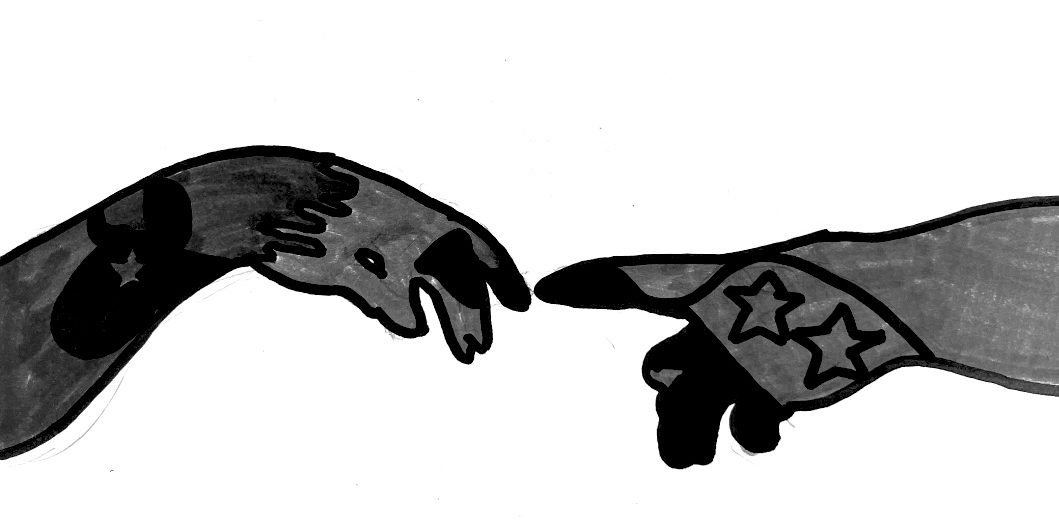In a world where the idea of “forever” is romanticized and the sanctity of matrimony is held on a lofty pedestal, the notion that marriage can come to an end is often met with disbelief, skepticism and shame. In the grand theater of human relationships, divorce often finds itself cast in the role of the unspoken taboo, lurking in the shadows of societal norms and expectations. Long gone are the days of Henry XIII literally inventing his own church in order to secure a divorce. Separation is no longer the sin that it was in the past. It’s time to challenge the prevailing stigma and recognize that accepting divorce is an act of bravery, resilience and self-love. It’s a journey through a variety of emotions where societal judgment should give way to empathy, understanding and support for those who navigate the challenging path in pursuit of a brighter future.
Divorce is not as rare as it is made out to be. According to the Centers for Disease Control in the United States, 43 percent of first marriages end in divorce. It is unusual for a divorce to be looked at without the negative labels that it has been given. Information from the September Bark survey shows that 43 percent of students described divorce as “sad.” Collectively, we look at divorce as a burden rather than a relief. What matters the most in maintaining an amicable post-divorce relationship is preserving the well-being of all parties that may be affected. For both partners in the marriage, this means being surrounded by a judgment-free support system. However, in a community like Marin, characterized by such a pervasive culture of gossip, trusting even the closest of friends can be difficult.
The best possible solution to mitigate the fear that has been built up surrounding divorce is to focus on destigmatizing it as a whole. Rather than regarding the end of a marriage as a failure, it should be viewed as an opportunity. When the idea of separation being accepted is brought up, people often jump too quickly to the conclusion that normalizing divorce erodes the sanctity of marriage. People often worry the vows “till death do us part” will lose all meaning. However, supporting community members during divorce, instead of defaulting to judgment, by no means encourages separation as the first option. In no way does demonstrating sympathy towards those who choose to move on after a marriage mean that divorce is not an emotionally damaging process to those involved. Divorce can split up families and friendships and should never be seen as the only option, but when alternative solutions prove ineffective sometimes it is the best option.
In an article written by the New York Times, author Maggie Smith reflected on her experience with divorce and what helped her the best through the process.
“My friends were a parachute. Because when you lose ‘your person,’ it’s critical to have ‘your people.’ That first year, when I was sad and too thin and sleep-deprived, my people showed up. They made sure my life was more than stress and sadness,” Smith said.
If we turn the topic of divorce into an open conversation, rather than one affected by our biases, those struggling through it won’t feel the need to hide their stories. Talking about divorce allows for comfort in the process rather than a silent pain. A difficult time doesn’t need to be made more difficult by whispers and assumptions about what caused it or who wronged who. The gossip culture we as a community have created around divorce makes it nearly impossible to grieve the end of a marriage with friends in the fear that somebody might be the one to spread a rumor or pick a side.
In my experience, conversations about divorce have always felt like something best kept in secrecy. My friends telling me about their parents separating have always started with “Don’t tell anybody this” or “Only a couple of people know.” We push the topic under the rug, pretend it doesn’t exist and act like the only result of divorce is conflict and hatred.
As a community, we need to move past the culture of judgment we have constructed around our idea of what a perfect household needs to look like. Collectively, Marin must diverge from our original ideology around divorce and start viewing it as an opportunity to pursue a fresh start or even a new love.








